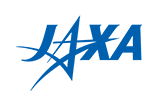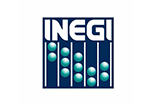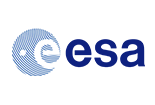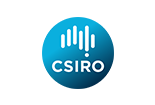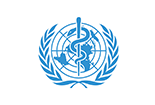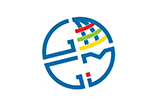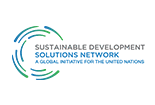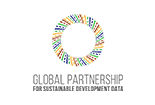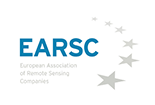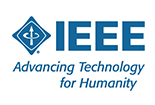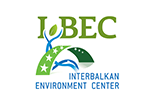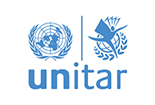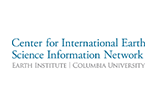Call for Expression of Interest for GEO and UN-Habitat Programme
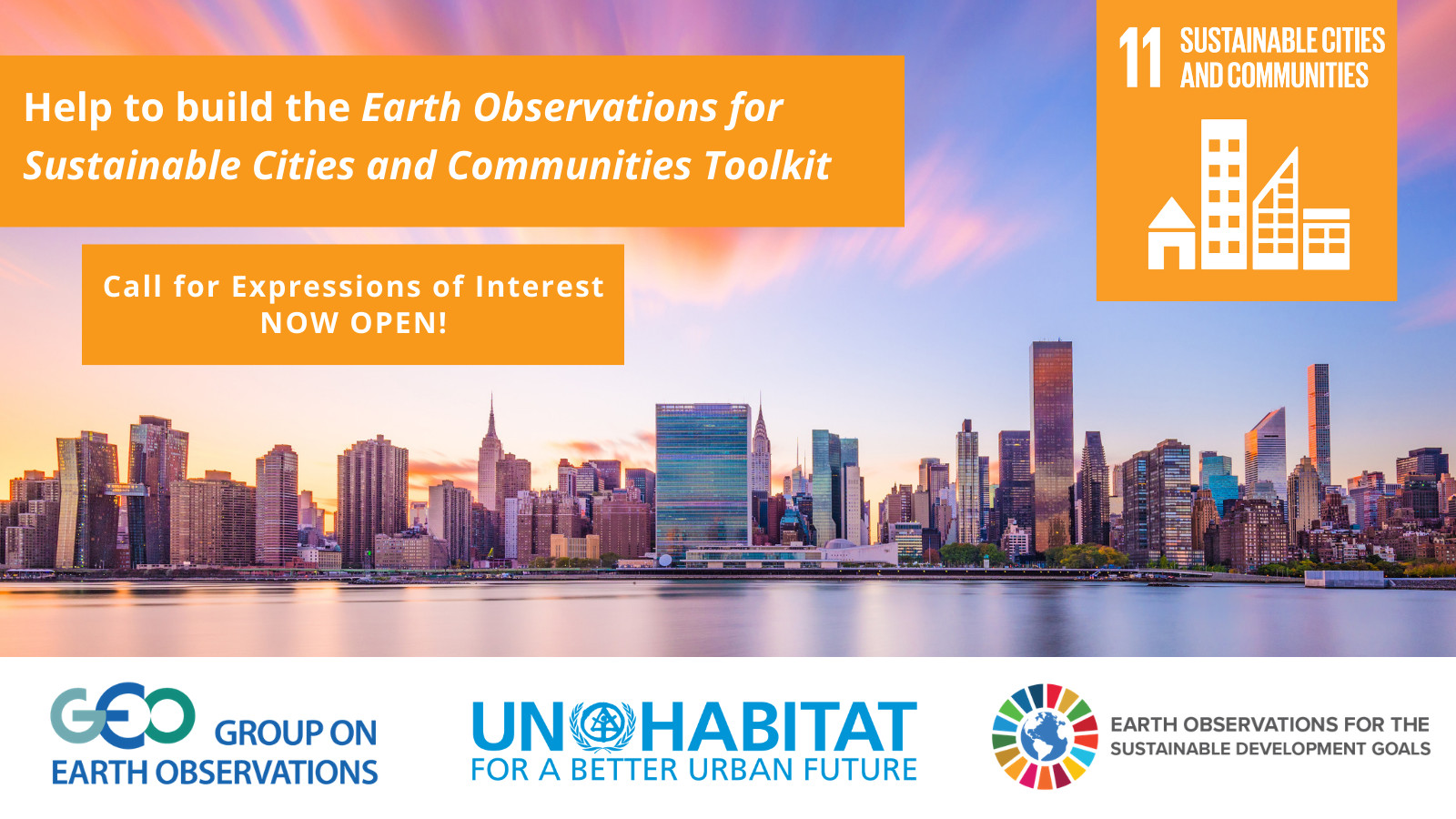
The Group on Earth Observations (GEO) and UN-Habitat are building an “Earth Observation Toolkit for Sustainable Cities and Communities” Programme designed to support UN Member States, including cities, in achieving the United Nations Sustainable Development Goal (SDG) 11 to “make cities and human settlements inclusive, safe, resilient and sustainable,” and to implement the New Urban Agenda (NUA) through sustained utilization of Earth observation (EO) data and applications.The Programme aims to develop a customizable and continually updated toolkit on the integration of Earth observation and geospatial information into the urban monitoring and reporting processes on SDG targets and indicators based on inputs from UN Member States and cities.
The toolkit, developed through a consultative process with countries and cities, will complement guidance published by UN-Habitat, and will be produced in conjunction with UN-Habitat and a selected number of regionally representative countries and cities. It will define needs, data requirements, and provide practical guidance on the integration of remotely sensed and ground-based EO data with national statistics, socioeconomic data, and other, ancillary information to help countries monitor, report, and drive progress on SDG 11 and the NUA. The “EO Toolkit for Sustainable Cities and Communities” Programme will facilitate knowledge sharing, connect national, sub-national, and city experiences, and foster understanding between technical analysts and decision makers regarding the role and potential contributions of EO in support of SDG 11 and the NUA.
Key areas will include but will not be limited to: monitoring urban expansion and densification, tracking accessibility to public transport, taking stock of open public spaces and their distributions across urban extents, mapping slums, informal settlements and inadequate housing conditions, assessing enviro-climatic conditions and spatial typology as well as urban vulnerabilities, and reducing the adverse per capita environmental impacts of cities, including air quality.
The programme will illustrate guidance and use cases on how EO technologies and advances in cloud computing platforms are applied to enable fast and cost effective access to, and use of, EO by countries, cities, and local communities. Special emphasis will be applied to analysis ready data, open data cubes, training data sets and Artificial Intelligence (AI) and Machine Learning (ML) techniques to harness EO for decision makers.
GEO Members, and interested cities from Member countries, are invited to contribute to the design and implementation of this toolkit, in accordance with their needs and priorities. A selected list of regionally representative countries, and interested cities from those countries, will participate in a Steering Committee that will serve for a period of one year, with the possibility for renewal. The Steering Committee, consisting of the selected countries and cities from those countries, UN-Habitat, EO providers, and representatives of GEO urban-related activities, will meet (in person or virtually) as needed, and consult electronically between meetings. The participating countries and cities will act as case studies and demonstration pilots to showcase how the toolkit is used to support their monitoring, reporting, and planning activities in relation to SDG 11, the NUA and other, identified urban-related priorities.
Becoming part of the “EO Toolkit for Sustainable Cities and Communities” Programme will contribute to the expedited use of EO data, applications, and tools and their integration with statistical and other data sources, with the ultimate goal of accelerated monitoring of trends at the city/urban, national, regional, and global levels.
Additional benefits to individuals and organizations include:
-
Joining a global network of experts and practitioners from national/ sub-national, regional or thematic initiatives, where methods, lessons learned, good practices, and experiences in geospatial information and EO-integrated SDG efforts of relevance to SDG 11 and the NUA can be shared;
-
Helping drive progress towards urban sustainability in your country and cities that choose to support the programme;
Working at a national level to coordinate activities and ensure communication and collaboration around the national urban agenda and associated priorities; -
Receiving direct technical support and capacity development from GEO, UN-Habitat, and EO providers (Space Agencies), including on the replication of global approaches using local datasets to support their monitoring, reporting, and planning activities in relation to SDG 11 and the NUA,
-
Addressing the GEO Plenary with illustrations of end-to-end applications of EO in country and city use cases; and,
-
Becoming a global reference point and “go to” place for city to city and country to country learning.
To learn more about the programme, including assessment criteria and full details on how to join, please download the Application Form here.
Please send your applications to: Dr. Argyro Kavvada, secretariat@eo4sdg.org and Mr. Steven Ramage, sramage@geosec.org by 15 May, 2020.




